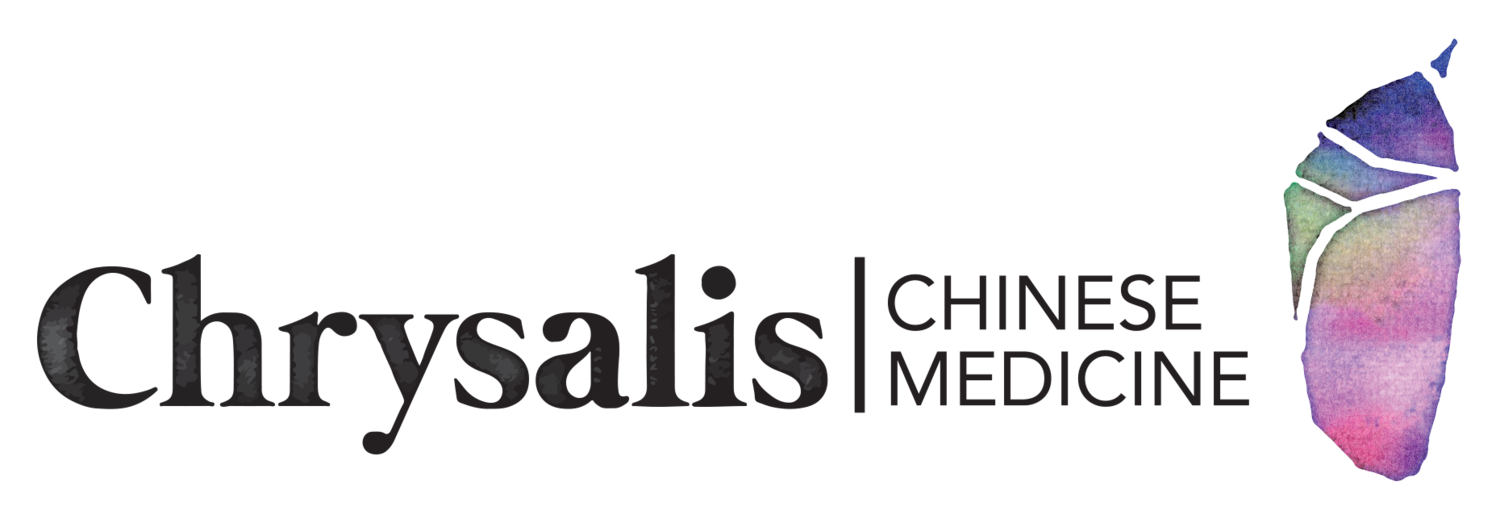Acupuncture and Chinese Medicine can provide support for patients through all stages of their cancer journey, by helping to reduce the side effects associated with treatment and significantly improving quality of life.
It’s an area of acupuncture that has extensive research into its safety and efficacy, and is often used as an adjunct to standard care. In some places, it’s even offered to patients in hospitals to be done in conjunction with standard cancer treatment, such as chemotherapy, radiotherapy, immune therapy, and post-surgery. Lea has completed the Oncology Acupuncture International Certificate Program and has a strong interest in supporting her patients through their cancer journeys with gentle effective treatment and support.
Some symptoms that have been researched include:
Nausea and vomiting
Cancer related fatigue
Peripheral neuropathy (heat/tingling/discomfort/numbness in the hands and feet)
Hot flashes and other hormonal symptoms
Dry mouth (xerostomia)
Digestive issues (including constipation and diarrhoea)
Joint pain
Cancer related anxiety/depression/mood disorders
Regarding cancer related pain, a recent systematic review and meta-analysis consisting of over 1000 patients (1) found that “acupuncture and/or acupressure was significantly associated with reduced cancer pain and decreased use of analgesics”.
While in regards to cancer related fatigue, a meta-analusis (2), examined 10 randomly controlled trials including over 1000 patients and found that “acupuncture is effective for CRF (cancer related fatigue) management and should be recommended as a beneficial alternative therapy for CRF patients, particularly breast-cancer patients and those currently undergoing anti-cancer treatment.”
Regarding chemotherapy induced peripheral neuropathy (CIPN), a recent study (3) found that “women with CIPN after adjuvant taxane therapy for breast cancer experienced significant improvements in neuropathic symptoms from an 8-week acupuncture treatment regimen”.
What should I expect?
A treatment is, for most people, pain free. It involves detailed history taking, then the insertion of very fine sterile needles (8-12 per treatment) into specific acupuncture points on the body. Often these points are on the arms or legs, torso, or ear. The needles are left in for 20-30 minutes.
Results are often seen immediately, but can take up to 2-3 treatments, depending on the severity and length of symptoms. Often treatments begin weekly as the benefits are compounded, and are then spread out as the symptoms improve, and as the improvements stabilise.
Please note, acupuncture is not provided to treat cancer – your oncologist is very good at taking care of that side of things! However, it is both useful and safe to support you both during and after your oncology treatment. Lea sees patients in Hampton at Contagious Enthusiasm.
References
1: Clinical Evidence for Association of Acupuncture and Acupressure With Improved Cancer Pain: A Systematic Review and Meta-Analysis. He, Y., Guo, X., May B. et al, 2020.
2: Effects of acupuncture on cancer-related fatigue: a meta-analysis Support Care Cancer (2018, Zhang Y, Lin L, Li H, Hu Y, Tian L
3: Acupuncture for Chemotherapy-Induced Peripheral Neuropathy in Breast Cancer Survivors: A Randomized Controlled Pilot Trial, Lu, W., Giobbie-Hurder, A,, Freedman, R et al, 2020.


